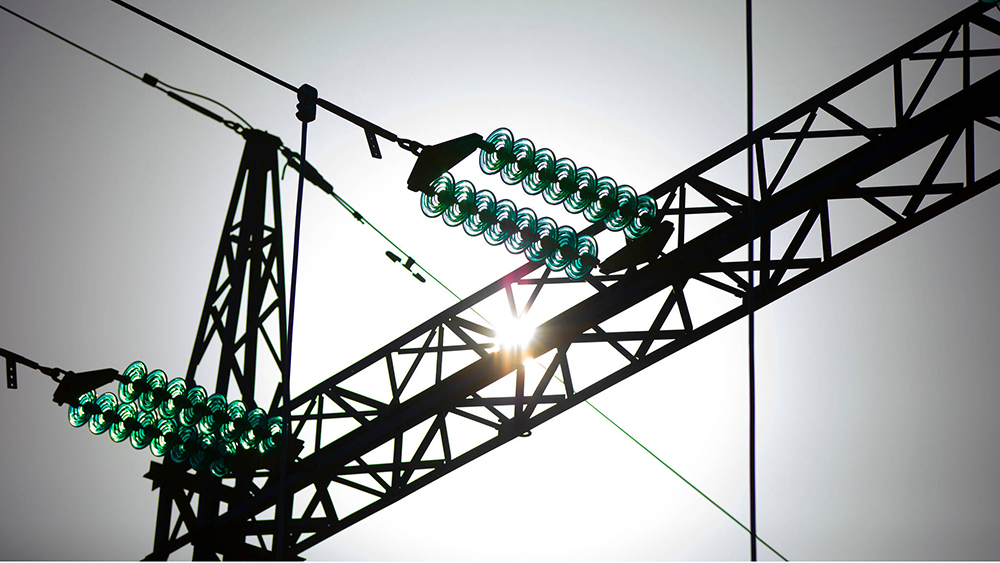Five new demonstration projects proposed in energy sector cooperation between Finland and China

Five Finnish-Chinese demonstration projects in the energy sector have been selected for the next phase. The projects nominated this year continue the long-term efforts to build cooperation between the countries.
Finland has engaged in long-term efforts to build cooperation with China to boost a sustainable energy economy. Joint projects have been implemented since 2018. The implementation of joint projects is based on the Memorandum of Understanding (MoU) between the Finnish Ministry of Economic Affairs and Employment and China’s National Energy Administration.
“The practical implementation of the MoU between the energy administrations of Finland and China is based on the promotion of concrete projects. The nomination of five new projects as proposed demonstration projects is an important step in this work,” says Juho Korteniemi, Chief Specialist at the Ministry of Economic Affairs and Employment.
The planned projects of Finnish and Chinese energy companies and other operators will focus on renewable and low-emission energy production and new innovations in the sector. Cooperation at company level is coordinated by Business Finland and the Chinese energy institute EPPEI.
The nominated projects will receive the status of a so-called demo project in China when they move to the implementation phase.
“We are closely monitoring the progress of the projects this year. The realisation of such large-scale cooperation projects requires a huge amount of effort from the participating companies. With China’s growing potential in this sector, this work is profitable. Companies will benefit from these kinds of projects, because they have two countries backing them,” says Maria Ala-Kaila from Business Finland.
A Finnish-Chinese energy cooperation group, which includes public officials and energy sector experts from the two countries, selected the demonstration projects.
The following projects are proposed as demonstration projects:
• Project on peak and regulating power generation and waste heat recovery in Jiangsu
• Low-carbon energy production related to production, storage and use of electricity and hydrogen in the Guangzhou region
• Project on different methods for distributed energy production in Tianjin
• Recovery of energy from waste water in Zhejiang
• Energy production from agricultural biomass at a dry digestion plant in Jiangsu
Inquiries:
Maria Ala-Kaila, Network Lead, Business Finland, tel. +358 50 529 9915
Juho Korteniemi, Chief Specialist, Ministry of Economic Affairs and Employment, tel. +358 29 504 7054
Fourteen-Year-Old’s Actions Prevented Greater Damage
Juho Karkiainen’s response to observing smoke and his courage to make an emergency call enabled the containment of a wildfire at an early stage. Thanks to Juho, the emergency response center was able to issue a rapid alert and relay crucial additional information to the rescue services.
Bullying Can Be a Crime – Recognizing Emergencies Is Crucial
It’s important to talk with children and young people about the importance of making an emergency call. For example, physical violence is always a crime, even if it’s referred to as school bullying. An ongoing violent situation is always a reason to call the emergency number 112.
Speed of action and location information are crucial in water rescues
In recent weeks, there has been a significantly higher number of drownings and serious near-miss incidents at public beaches than usual. Recognizing the situation and calling for help quickly is critical when someone ends up in the water. A drowning person is rarely able to call for help, which highlights the importance of others in noticing the emergency.
Knowing your location can save your life
When it comes to emergency calls, the most important thing in terms of getting help is to know where you are so that help can reach you as quickly as possible. Technology and especially the 112 Suomi app are good tools for determining your location.
Emergency response centres preparing for the school closing weekend
The coming weekend will see young people deservedly celebrate the end of the school year and the start of the summer holiday. For the emergency line, the school closing weekend is usually busier than a normal summer weekend.



